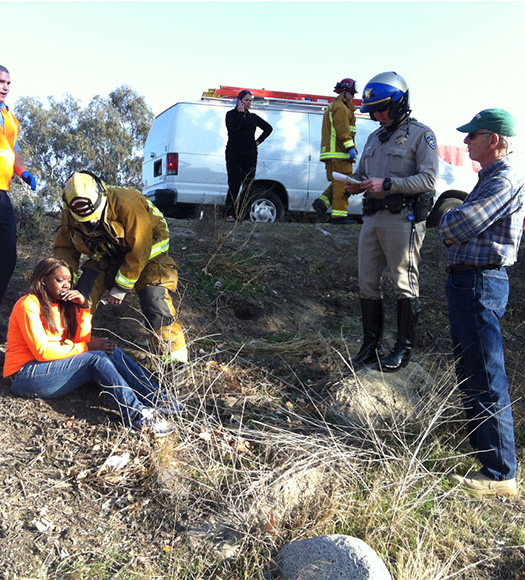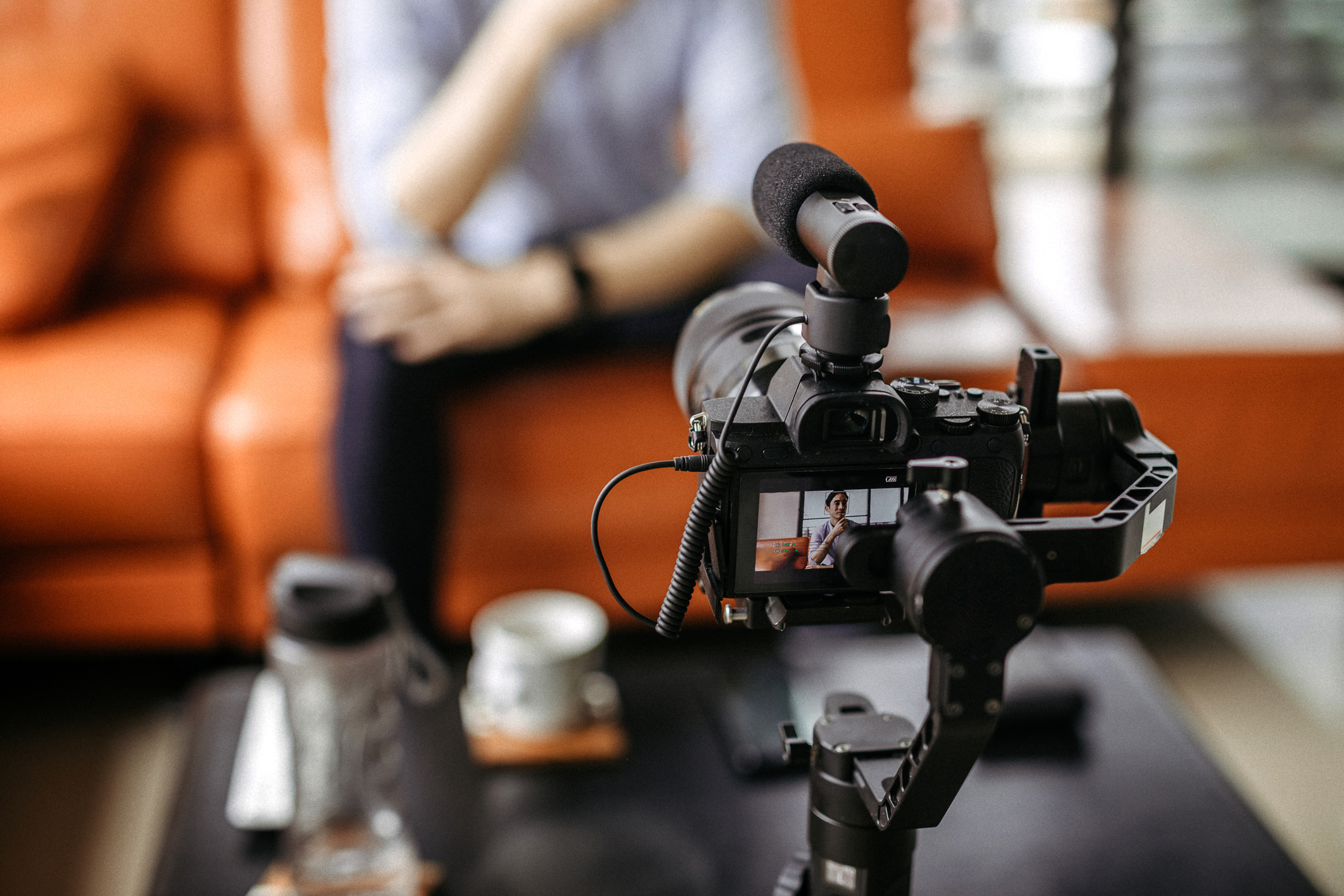A detailed comparison of traditional vs legal video depositions
Wiki Article
The Value of Lawful Video Depositions in Modern Legal Services: What You Ought to Know
Legal video depositions have become important in today's legal landscape. They provide a multidimensional sight of witness testaments that standard transcripts simply can not match. By recording both spoken and non-verbal communication, these depositions improve the overall understanding of a witness's credibility. However, the performance of video clip depositions depends upon various variables, including compliance with lawful standards and ideal techniques (legal video depositions). Checking out these components exposes their true value in contemporary lawful solutionsWhat Are Legal Video Depositions?
Lawful video clip depositions function as an essential device in the lawsuits procedure. They entail tape-recording witness statements in a video clip layout, recording both non-verbal and verbal interaction. This method enables lawyers to document the attitude, expressions, and responses of witnesses, giving a richer context for the testament. Commonly conducted in a controlled environment, these depositions are led by attorneys that ask inquiries while a court reporter records the dialogue. The resulting video can be important for test preparation, as it allows attorneys to evaluate the reputation of witnesses and improve their approaches. Furthermore, lawful video clip depositions can be utilized in various lawful contexts, varying from civil disputes to criminal instances. The aesthetic and auditory aspects of video depositions enhance the discussion of proof, making it a crucial component in the modern-day legal landscape. Overall, they add significantly to the effectiveness and effectiveness of lawful procedures.
Benefits of Video Depositions Over Typical Methods
Video clip depositions provide numerous advantages contrasted to traditional techniques of taking witness testaments. One significant advantage is the ability to catch both visual and audio aspects, giving a more detailed record of the witness's statements. This twin format improves clearness and permits attorneys to reference certain subtleties throughout test prep work. Additionally, video depositions help with remote engagement, making it less complicated for witnesses who may be inaccessible for in-person appearances as a result of geographical restraints or health issues.Moreover, video depositions can accelerate the total deposition procedure, lowering the time and costs associated with travel and logistics. They likewise improve availability, as taped depositions can be easily shared among legal groups and referenced at any moment. This convenience adds to better case administration and preparation. In general, video depositions represent a modern-day, reliable strategy to collecting witness statements, straightening with the advancing demands of the lawful profession.The Role of Body Movement and Tone in Testimonies

In legal video clip depositions, body language and tone play essential functions in conveying a witness's credibility and reliability. Nonverbal hints can provide understandings right into a witness's mood, affecting exactly how their testament is viewed. Understanding the effect of these elements is necessary for jurors and attorneys alike when examining the integrity of a testimony.
Nonverbal Interaction Insights
While verbal communication is often highlighted in lawful testimonies, nonverbal signs such as body movement and tone play a necessary function in conveying integrity and emotion. Viewers of depositions may note that a witness's stance, gestures, and facial expressions can substantially influence assumptions of reliability. For example, regular eye contact may indicate self-confidence, while avoiding gaze might recommend deceit or discomfort. The tone of voice-- its rate, pitch, and quantity-- can give sensations of sincerity or uncertainty. Attorneys need to be attuned to these nonverbal signals, as they commonly supply essential context that enhances talked words. Comprehending these subtleties can enhance the efficiency of depositions and influence the outcome of lawful process.Emotional Tone Impact
The emotional tone shared during legal testimonies greatly influences just how a witness is viewed. Body language, singing inflections, and faces play important functions in shaping the story of a statement. A witness showing confidence via stable eye call and a tranquil tone can infuse a sense of dependability and interaction. On the other hand, indicators of anxiousness, such as fidgeting or a shaky voice, might result in suspicion regarding their account. The subtleties of emotional expression can affect the analysis of truths, making it necessary for legal professionals to acknowledge these cues. In video depositions, the aesthetic and auditory components integrate, emphasizing the relevance of psychological tone in conveying sincerity and reliability within the lawful procedure.Reputation and Reliability
A crucial element in developing reliability and dependability during testimonies lies in the witness's body movement and tone of voice. Observers usually depend on non-verbal signs-- such as eye contact, position, and gestures-- to examine a witness's genuineness. As an example, a witness that keeps eye contact and displays open body language may be viewed as more trusted and honest than one that prevents eye get in touch with or appears shut off. Additionally, intonation plays an essential function; a stable, calm tone can reinforce the reliability of the testimony, while variations in pitch or quantity may raise doubts. Inevitably, the combination of body language and vocal tone substantially affects exactly how a witness's statements are obtained and translated in a legal context.Ideal Practices for Carrying Out Video Clip Depositions
Conducting video depositions calls for cautious preparation and execution to assure a clear and reliable presentation of testament. First, it is very important to choose a peaceful, well-lit area to minimize disturbances and protected ideal video clip quality. The tools ought to be checked beforehand, including cams, microphones, and illumination, to stay clear of technological concerns throughout the deposition.Next, parties involved should assess the layout and procedures beforehand, making sure that everybody understands their roles. The deponent should be briefed on the procedure, including exactly how to react plainly and concisely.Additionally, Visit Your URL maintaining a professional attitude throughout the session is important. This consists of avoiding from talking over each other and verifying that all concerns are directed appropriately. Finally, it is critical to record the deposition in a layout that permits very easy playback and review, maintaining the stability of the statement for future usage.Lawful Factors To Consider and Compliance Issues
Just how do legal factors to consider and conformity concerns influence the performance of video clip depositions? Lawyers must browse a complex landscape of regulations, making sure that video clip depositions stick to jurisdictional rules and standards. Compliance with laws worrying privacy, approval, and videotaping methods is important. For example, obtaining specific approval from all events included is needed to stay clear of lawful repercussions.Additionally, the admissibility of video clip evidence in court can hinge on compliance with step-by-step needs. Ensuring that the tools used satisfies technical standards is additionally vital, as low quality can undermine the deposition's reliability.Moreover, lawyers need to be aware of any kind of details state legislations that control video clip depositions, as these can differ considerably. Failure to resolve these considerations can not just endanger the integrity of the deposition however likewise impact the total situation strategy, eventually affecting the client's lawful results.How Video Depositions Influence Court Perception
While video clip depositions can work as effective devices in legal process, their impact on jury assumption is substantial. The auditory and aesthetic elements of video clip recordings provide jurors with a much more comprehensive understanding of witness temperament, trustworthiness, and emotional actions. This multimedia approach can improve the jurors' ability to examine the reliability of statement contrasted to typical text-based transcripts.Moreover, video clip depositions allow jurors to observe body movement, intonation, and faces, all of which can influence their interpretation of the witness's statements. The presence of a witness on screen can humanize them, promoting compassion and link, which might guide jurors' viewpoints. Alternatively, a witness who appears evasive or undependable on video clip may bring about negative assumptions that affect a jury's decision. Eventually, the vibrant nature of video depositions plays a vital role fit exactly how jurors analyze proof and reach their judgments.The Future of Video Clip Depositions in Legal Technique
As advancements in technology remain to reshape the legal landscape, the future of video depositions is positioned for substantial evolution. Technologies such as artificial intelligence, online truth, and improved video conferencing tools are anticipated to simplify the deposition procedure and enhance access. Attorneys might use AI-driven analytics to examine witness reputation and instance stamina a lot more effectively.Moreover, the combination of online fact could permit courts to experience immersive simulations of depositions, providing much deeper context and understanding. Furthermore, the pattern toward remote depositions is most likely to linger, supplying better versatility for attorneys and clients alike.As remote work becomes increasingly stabilized, video clip depositions will likely come to be typical technique, reducing expenses and time restraints related to traditional approaches. Generally, these technological innovations assure to improve the effectiveness, efficiency, and ease of access of video clip depositions in legal practice, eventually transforming just how attorneys prepare for test.Often Asked Inquiries
Just How Much Do Lawful Video Clip Depositions Usually Price?

Can Video Clip Depositions Be Utilized in Any Type Of Sort Of Instance?
Video depositions can be utilized in numerous types of instances, including civil, criminal, and family members regulation. Their flexibility enables lawyers to present witness testimonies properly, adapting to the particular demands of various lawful situations.What Devices Is Needed for a Video Clip Deposition?
To carry out a video clip deposition, important equipment consists of a top notch cam, microphone, illumination, and a trustworthy recording device. In addition, a computer with editing software application might be required for post-production and formatting the final video clip.For how long Does a Normal Video Deposition Last?
A regular video deposition lasts in between 2 to 4 hours, relying on the complexity of the instance and the variety of concerns postured. Extended sessions may take place, however breaks are typically included for individual convenience.

Are Video Clip Depositions Admissible in Court?
Video depositions are usually permissible in court, given they stick to legal standards and guidelines of evidence. Their use boosts quality and protects witness statement, aiding in the judicial procedure during tests and hearings. Legal video clip depositions have actually come to be important in today's legal landscape. In addition, legal video depositions can be made use of visit this site in various lawful contexts, ranging from civil disagreements to criminal instances. Additionally, video depositions facilitate remote participation, making it less complicated for witnesses that may be inaccessible for in-person looks due to geographical restraints or wellness issues.Moreover, video depositions can quicken the general deposition process, reducing the time and prices connected with travel and logistics. Ensuring that the tools utilized meets technological criteria is likewise important, as bad high quality can weaken the deposition's reliability.Moreover, lawyers need to be mindful of any type of specific state regulations that regulate video clip depositions, as click to read more these can vary greatly. Furthermore, the trend towards remote depositions is likely to linger, supplying better adaptability for customers and attorneys alike.As remote work comes to be increasingly normalized, video clip depositions will likely come to be conventional method, lowering prices and time constraints associated with traditional techniques.Report this wiki page